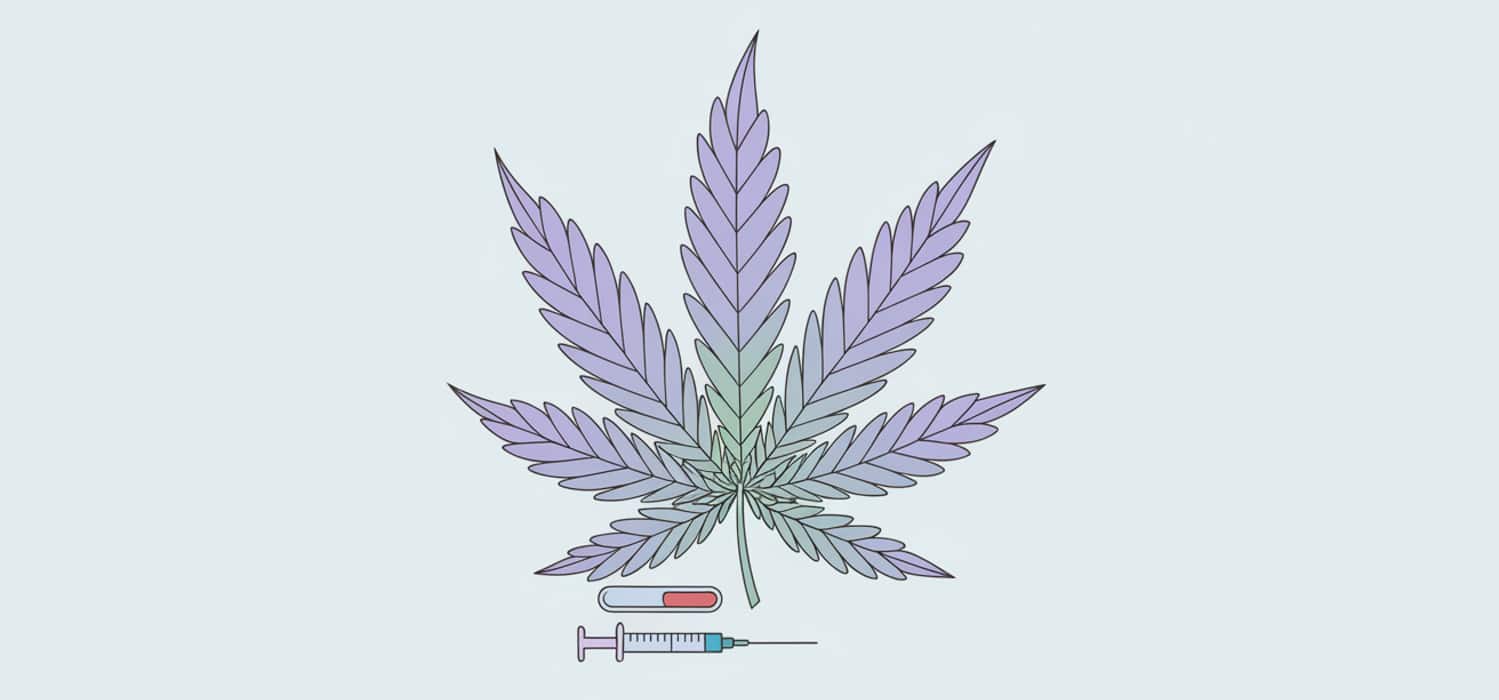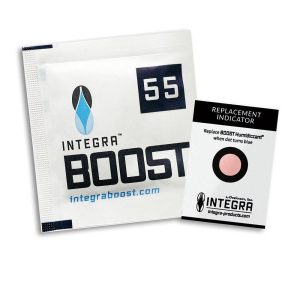ADHD, or Attention Deficit Hyperactivity Disorder, affects both children and adults and traditional treatment methods, such as pharmacotherapy, don’t always yield the expected results. Therefore more and more adult patients with ADHD are turning to medical cannabis. It’s an alternative treatment method that can bring surprising effects.
What will you learn from this article?
👉 Can medical cannabis be used for ADHD?
👉 How can medical cannabis help in treating ADHD?
👉 How to use medical cannabis for ADHD?
Table of contents:
Does medical cannabis help with ADHD? 🥦
Medical cannabis is becoming an increasingly popular treatment for ADHD, and many studies suggest that cannabinoids may have a positive impact on the symptoms of this disorder. There is evidence that THC and CBD can help alleviate hyperactivity, impulsivity, and concentration difficulties.
Medical cannabis effectively helps in treating ADHD. However, cannabis only alleviates all symptoms while it’s active – after consumption. Long-term effects are rather minimal in the case of ADHD. Here, the most benefit comes from regular use of medical cannabis. Typically, varieties that can be used during the day and evening are utilised to avoid disrupting the natural rhythm.
How does medical cannabis help with ADHD?
- Alleviates sleep and appetite disorders
- Allows focus on a single task
- Improves mood and inhibits “racing thoughts”
- Reduces chronic stress
However, it’s worth asking whether medical cannabis is addictive, which is important for patients considering this form of therapy. Although some studies indicate that the risk of cannabis addiction is lower compared to traditional medications used in ADHD therapy, each case should be considered individually.
The issue of addiction potential is more complex. ADHD often causes addiction to progress much faster – especially with medical cannabis. This translates to almost immediate tolerance building when medical doses remain the same.
It’s worth knowing that pharmacological therapy is not possible when a patient is addicted to any substance. Medical cannabis effectively relieves the symptoms of the condition. Unfortunately, ADHD is a condition that increases the addictive potential of almost any psychoactive substance.
How to use medical cannabis for ADHD? 😮💨
Using medical cannabis in ADHD treatment requires a well-thought-out strategy that considers both dosage and consumption methods. For people struggling with this condition, an appropriate approach to therapy can significantly impact their quality of life. The key element is establishing the right dose, which will be tailored to the individual patient’s needs.
Medical cannabis dosage should be established under a doctor’s supervision, who will help determine what amount of active substances, such as THC and CBD, will be most effective. It’s worth noting that different people may react to medical cannabis differently, which makes therapy personalisation essential.
Medical cannabis can be effective support in ADHD therapy, but the key is proper dosage and constant medical supervision – because even the best tool requires proper use.
Lucas Cysewski – CEO and founder VapeFully
Medical cannabis consumption methods primarily affect whether the medication use will be healthy and effective. Patients most commonly use vaporisation or smoking. The former method is much healthier because the herb is heated rather than burned – thus harmful tar substances are not released. Oral oils containing medical cannabis extract can also be used. However, dosing here can be slightly more difficult because the effects are more unpredictable than with inhalation.
In the case of ADHD, following all doctor’s recommendations is particularly important – mainly due to the greatly increased addiction potential. Besides this, interactions with other medications must be considered. The treating physician should be informed about all preparations being used.
Medical cannabis and ADHD – summary 🍀
Cannabis can be a promising therapeutic option for people with ADHD; however, it’s not without risks. Side effects of medical cannabis, such as temporary short-term memory problems, anxiety, or mood changes, can affect patients’ quality of life. Therefore, it’s important to follow all recommendations from the treating physician. Different varieties of medical cannabis are available that can be adapted to the needs of ADHD patients.
This condition very often goes hand in hand with insomnia and appetite disorders. Medical cannabis effectively alleviates the symptoms of these ailments. Therefore, it is a sort of “comprehensive” medication when it comes to ADHD or ADD.










